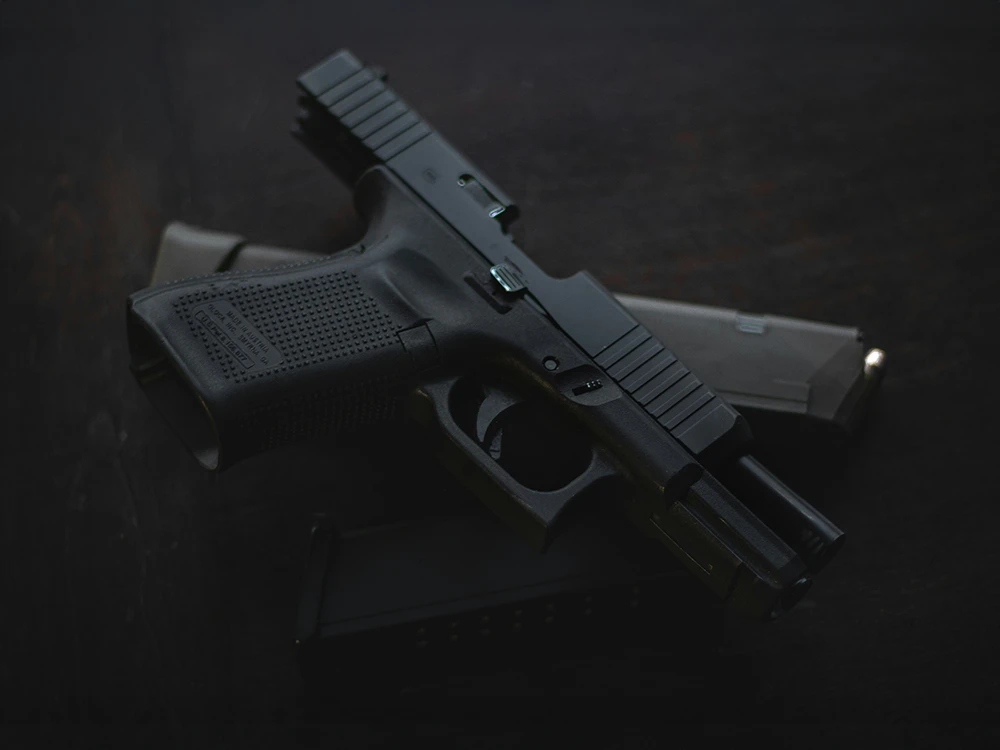A federal firearm charge is one of the most serious situations a defendant can encounter. A single conviction can mean years in federal prison, especially when a judge imposes a sentence above the recommended guidelines. Defendants often believe that a guilty plea ends their chances of defending themselves, but post-conviction motions and appeals can sometimes provide a second opportunity to challenge unfair rulings. A recent decision from a Florida court shows how courts approach these challenges and why building a strong defense early is essential. If you are accused of illegally possessing a firearm, a Tampa federal criminal defense attorney can help protect your rights and fight for the best possible outcome.
Factual and Procedural History
It is reported that the defendant was involved in a road rage incident in January 2023 in which he exchanged gunfire with another driver. Allegedly, during the altercation, the defendant mistakenly fired into a third vehicle occupied by two adolescents, narrowly missing their heads and injuring one of them with shattered glass.
It is alleged that the defendant had at least seven prior felony convictions and had not had his firearm rights restored. A federal grand jury indicted him on one count of being a felon in possession of a firearm and ammunition. He pleaded guilty as charged without a plea agreement.
It is alleged that the presentence investigation report recommended a guideline sentencing range of 33 to 41 months. The district court, however, found the recommended range understated the seriousness of the defendant’s conduct. Citing his reckless discharges of a firearm in a crowded area and his extensive criminal record, the court varied upward and imposed a 96-month sentence.
Grounds for Vacating a Conviction
It is reported that the defendant initially appealed his conviction and sentence but later directed appellate counsel to voluntarily dismiss the appeal. Afterward, the defendant sought to challenge the conviction through a motion to vacate under 28 U.S.C. § 2255, raising various constitutional arguments.
The court emphasized that a defendant’s sworn statements during a plea hearing are presumed true and carry significant weight in later proceedings. Because the defendant had admitted under oath that he understood the nature of the charge, the government’s burden of proof, and the consequences of his guilty plea, the court found no basis to disturb the conviction.
The district court also reaffirmed the constitutionality of 18 U.S.C. § 922(g)(1), noting that binding precedent from the Eleventh Circuit has consistently upheld the statute against Second Amendment challenges. Even after the Supreme Court’s decision in New York State Rifle & Pistol Association v. Bruen, courts have concluded that prohibiting firearm possession by convicted felons remains a valid restriction.
Ultimately, the court denied the defendant’s motion to vacate his conviction and sentence. The ruling demonstrates the difficulty of challenging a conviction once a guilty plea is entered and highlights the importance of addressing constitutional and statutory defenses before trial or at the plea stage.
Meet with a Skilled Tampa Criminal Defense Lawyer
Federal firearm charges can lead to lengthy prison terms, especially when a defendant has prior convictions. Once a plea is entered, undoing that conviction becomes extremely difficult. If you are facing a federal firearm charge, the experienced Tampa gun crime defense attorneys at Hanlon Law can help you understand the government’s burden of proof, evaluate potential defenses, and protect your rights throughout the process. Contact our Tampa office today at 813-228-7095 or complete our online form to schedule a confidential consultation.
 Tampa Criminal Lawyer Blog
Tampa Criminal Lawyer Blog


